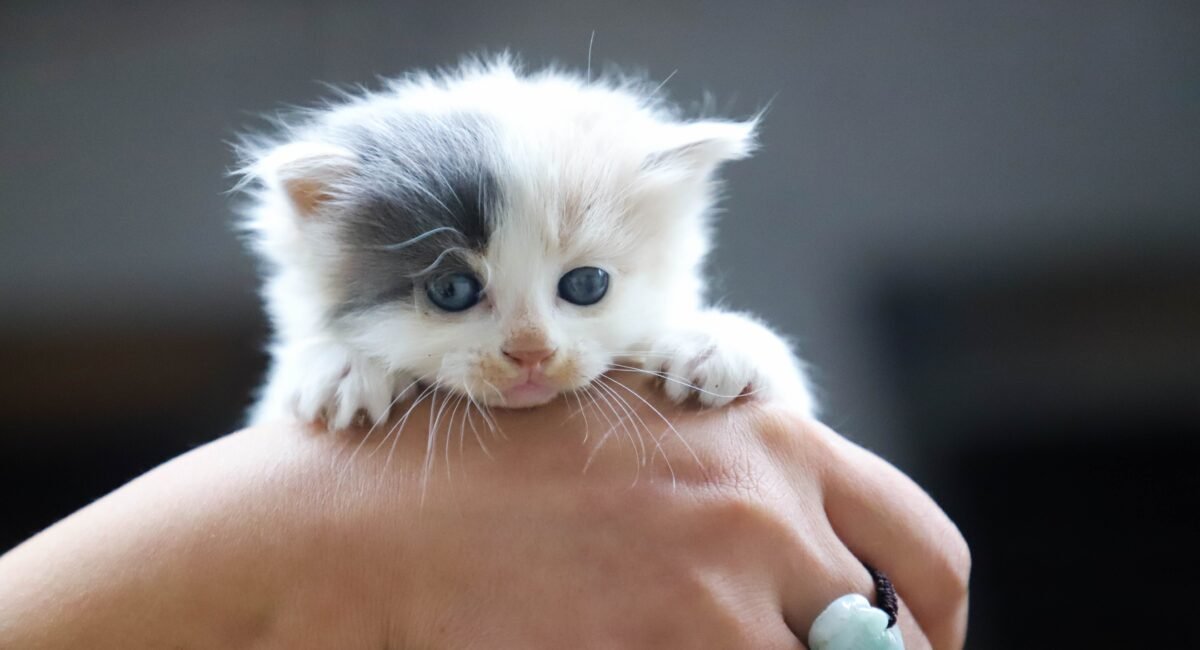What to Do If Your Kitten Cat Is Choking Quick Tips for Pet Owners
- 5 February 2024
- BuyAPet Editorial Team
- All Cats, Cat Health
What to Do If Your Kitten/Cat Is Choking
Quick, calm steps for pet owners—what to do, what not to do, and when to get urgent vet care.
Introduction
Having a kitten or cat brings joy—emergencies happen too. Choking is rare but serious. The key is to stay calm, act quickly, and contact a vet as soon as possible.
Stay Calm and Assess
Look for gagging, pawing at the mouth, retching, bluish gums, or noisy/absent breathing. If your cat can still cough or breathe, keep them calm and call your vet immediately for guidance.
Check the mouth (safely)
If safe, gently open the mouth and look. Do not blindly hook fingers—use caution to avoid bites or pushing objects deeper.
Use gravity & back blows
Small cats/kittens: hold chest supported, head angled down; deliver up to 5 gentle back blows between shoulder blades and recheck.
Chest thrusts (if needed)
If not breathing and object still present, place the cat on their side and give gentle chest thrusts behind the ribs. Recheck mouth each time.
Abdominal (Heimlich-style) Thrusts
Use only as a last resort if the airway is fully blocked, the cat cannot breathe or cough, and other methods have failed. Abdominal force can cause injury—be gentle and seek urgent vet care immediately after.
How: With the cat standing or held upright, place a fist under the soft belly just behind the ribcage and apply upward, quick but controlled pressure 3–5 times. Recheck the mouth each attempt.
If Your Cat Becomes Unconscious
Lay on the side, open the mouth and remove visible objects if safe. Give gentle chest compressions to help expel the obstruction and go to an emergency vet. If trained, begin CPR per vet instructions.
Seek Veterinary Assistance
Even if the object comes out, see a vet immediately. Hidden injury, swelling, or aspiration pneumonia can develop after choking.
FAQs
Disclaimer: This article offers general first-aid information and is not a substitute for professional veterinary advice. If you suspect choking, contact a veterinarian or emergency clinic immediately.
